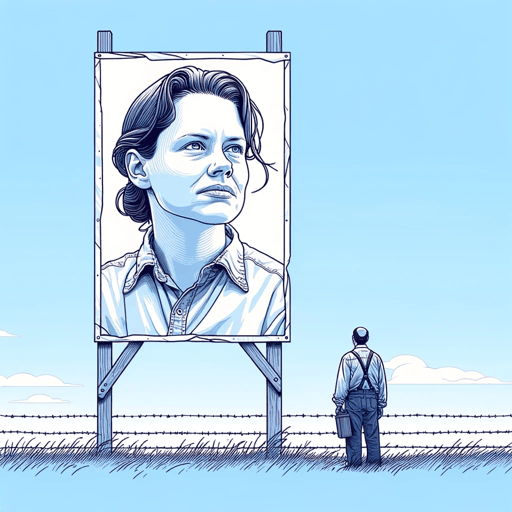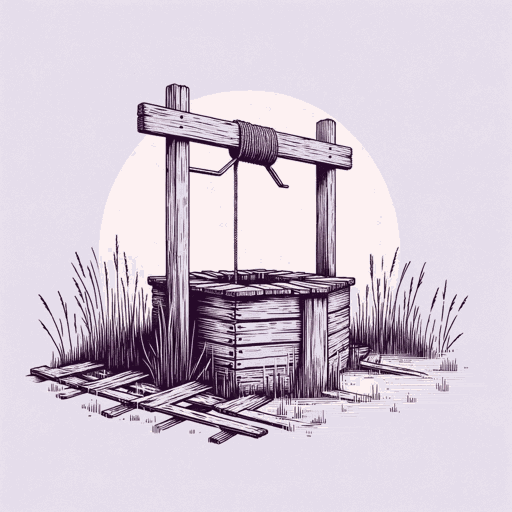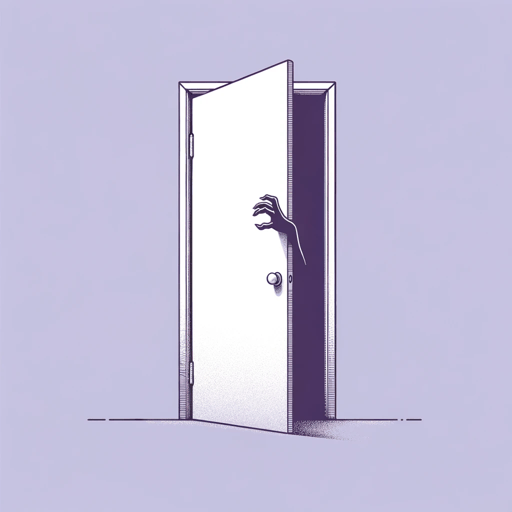27 pages • 54 minutes read
Stephen KingThe Boogeyman
Fiction | Short Story | Adult | Published in 1973A modern alternative to SparkNotes and CliffsNotes, SuperSummary offers high-quality Study Guides with detailed chapter summaries and analysis of major themes, characters, and more.
Character Analysis
Lester Billings
Lester is a relatively static protagonist who does not undergo a significant arc or change during the narrative. He claims that guilt and feelings of responsibility for his children’s deaths compel him to visit the therapist, Dr. Harper. His choice to tell his story drives the narrative forward. However, Lester clarifies that his intention is to get events off his chest rather than learn from them. At the end of the story, he reluctantly agrees to further therapy with Dr. Harper, but the Boogeyman appears before he can schedule his next session and complete his internal change.
King explores the theme of Supernatural Versus Human Monstrosity through Lester. His character represents the human counterpart to the Boogeyman itself. While recounting his story, he inadvertently reveals a great deal about his character. While admitting to neglectful parenting, his comments also show him to be racist, misogynistic, and guilty of domestic abuse. These “tells” lead readers to question the reliability of Lester’s account, suggesting he may have murdered his children.
Lester also illustrates The Nature of Fear in the narrative. His fearfulness only exacerbates his monstrosity, culminating in him leaving his son as bait for the Boogeyman and fleeing the house until he knows it is safe to return.
Related Titles
By Stephen King

11.22.63
Stephen King

1408
Stephen King

Bag of Bones
Stephen King

Billy Summers
Stephen King

Carrie
Stephen King

Children of the Corn
Stephen King

Cujo
Stephen King

Different Seasons
Stephen King

Doctor Sleep
Stephen King

Dolores Claiborne
Stephen King

Duma Key
Stephen King

Elevation: A Novel
Stephen King

End of Watch
Stephen King

Fairy Tale
Stephen King

Finders Keepers
Stephen King

Firestarter
Stephen King

From a Buick 8
Stephen King

Full Dark, No Stars
Stephen King

Gerald's Game
Stephen King

Gwendy's Button Box
Stephen King, Richard Chizmar

